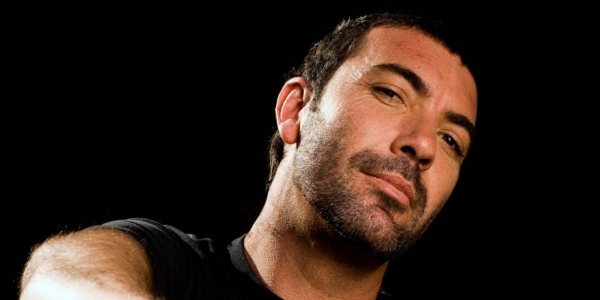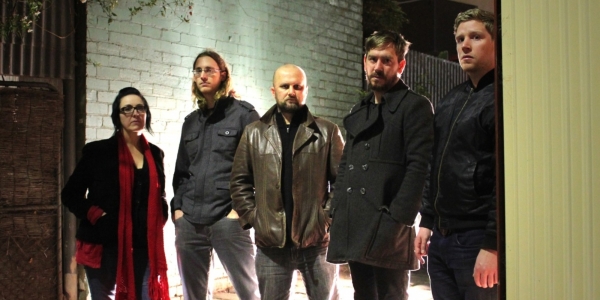Well then, buddy, you’re in luck. You and your band should come to the 4th Annual Face The Music Conference and Music Industry Summit, which will be taking place November 18 and 19 at the Arts Centre. For two days, over 100 of Australia’s leading music figures will be gathered in one place – answering questions, hosting panels and workshops, and generally providing valuable advice to those who need it most.
One musician who will be making himself available during the conference is the one and only Paul Mac – Sydney-based super DJ, producer, remixer, Good News Week musical director, and all around synth wizard. Probably best known for his work with Itch-e And Scratch-e and his mind-bending solo album Panic Room, Mac spoke with us by phone and told us how he got involved with the program and how he feels about the music industry today.
“Actually, they keep ringing me up!” he exclaims with a hearty laugh when I ask him how he initially got involved with the program. “I mean, I’ve done this a couple of times before, in different places – they were doing these workshop and question/answer sort of things, and were like, ‘Would you be interested in doing it?’ and I find that I enjoy it; it’s not like you do it for the money. You’re doing it because I think for the 20 years I’ve been making music I’ve learned a lot and I still feel really passionately about what good music is and it’s really nice to share that with people who are interested in it.”
And in those last 20 years – how has the music industry changed, for the most part? Is it a more cynical place? What’s worse; what’s better? “Well,” he offers, “I think there’s an interesting check and balance – I think commercial [music] has gone so beyond narrow. Like just so stupidly weird about what gets played on radio and how often it gets played. But at the same time, when the whole internet thing happens, and you’ve got no dominance of one band ‘speaking for an entire generation’ and there are so many ways of getting one’s music out there on your own level – so yeah, it’s kind of cool actually … it’s a good time for weird music; so that sort of compensates for shit commercial music, I suppose!”
But, I ask, it would seem that for a young musician it might seem fairly difficult to break into the industry without knowing a few things, right? “Sure!” he admits. “I think also there’s the fact that it’s easier to make music, because it’s more and more affordable with cheap software and computers, and there’re more outlets for it, which is cool – which means you’re not relying on record companies so much.
“But also this means there’s a whole lot of noise, and you’ve got to get noticed somehow. So breaking through that – I mean, sure, you can make your weird track and you can get it on Beatport, but who’s going to hear it? You’ve got to get noticed. So I suppose it’s that, that’s the next question. I mean, everyone wants to make music, but no one wants to pay for it; it’s just such a different time!”
When I ask Mac about his time playing keyboards for Severed Heads, he laughs heartily and exclaims, “Actually this is something relevant to the story, because they were my absolute heroes! When I heard [1983 Severed Heads album] Since The Accident, I was like, ‘Right,’ I heard noises call and it just opened up all the parameters of what I thought music could be. Later, I met Tom [Ellard, Severed Heads leader] at the end of a show, and we became friends in a ‘fan’ sort of way.
“Later, I dropped off some of my demos at his place and was like, ‘What do you think? What do you think?’ and his feedback was important to me, and in fact I could call him my mentor. Just knowing that he thought my stuff was good gave me the hope to keep doing it and hopefully get better at it – so it was super-important to get that from Tom. A few years later Tom needed a keyboard player for a live tour and he got me to play in his band, so it was a really exciting period for me! It’s totally a validation when one of your heroes says, ‘Yeah, your stuff’s good. Keep going.’ That helps you get through the long dark times when you’re not really sure about what you’re doing, you have no money and you’re on the dole and nothing’s going on.
“So yeah, it’s really helpful to have someone believe in you. So that’s why I don’t mind doing these [conference] things at all; because people have been nice to me, and it’s nice to give something back!”

